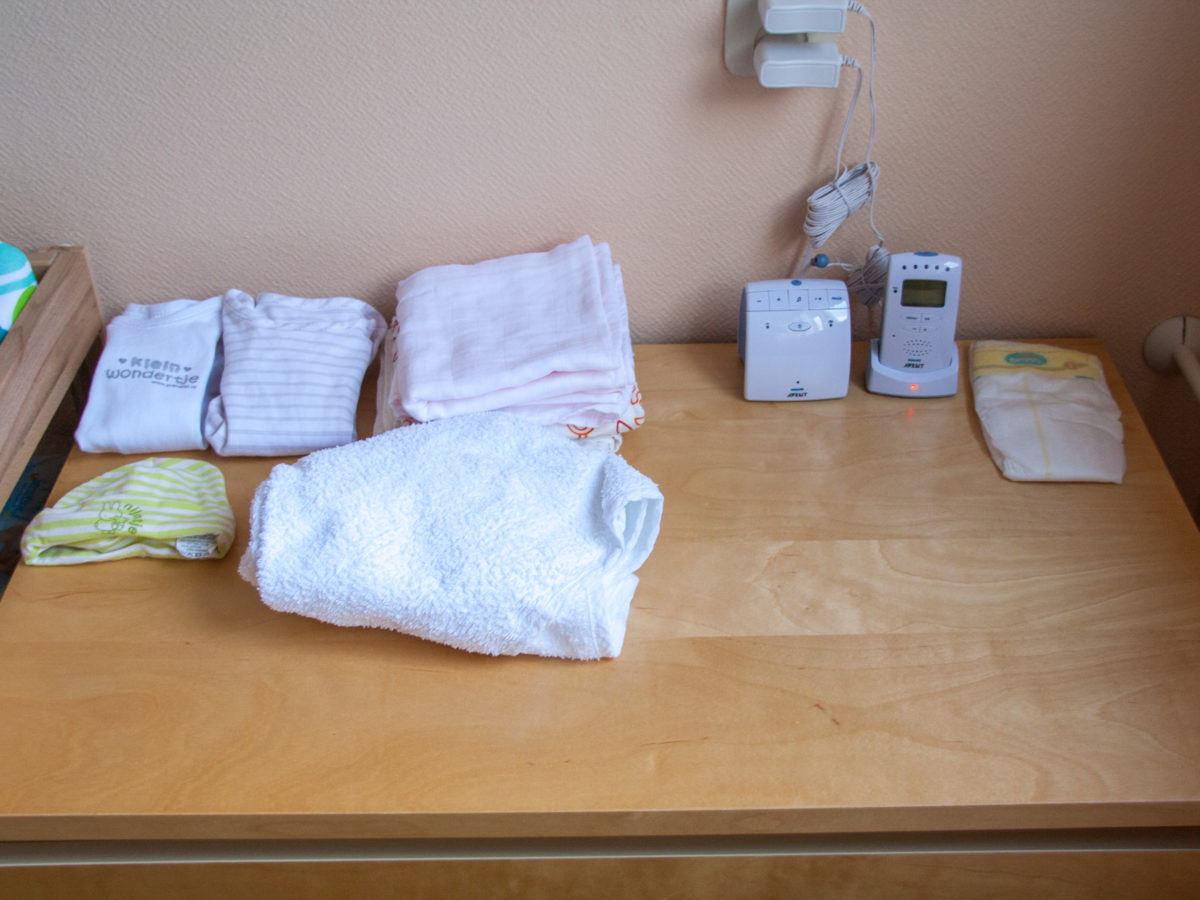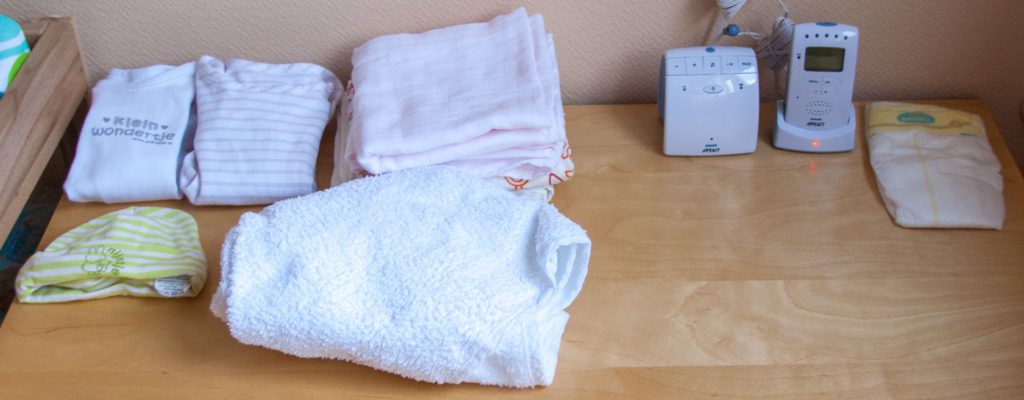It’s not rocket science – unfortunately


‘Rocket science’ is a synonym for ‘terribly hard, perhaps impossible’. I am emphatically not a rocket scientist. But scientific or mathematical problems have never seemed like insurmountable obstacles to me. While, on the one hand, the prospect of making a phone call fills me with panic, on the other hand an equation that needs to be solved, an algorithm that has to be written, new software tools that need installation and debugging are enjoyable challenges. I know that, given time and access to the right information, I can work them through and arrive at a verifiable, satisfying result.
But looking after a baby… Now THAT to me is ‘terribly hard, perhaps impossible’.
As I mention in the welcome page of this blog, according to the four colour personality model, I am ‘blue’. So is my partner. That doesn’t mean we are chronically depressed, nor does it have anything to do with popular (mis)perceptions of the proclivities of Dutch people. It means we are analytical, we like to plan, and structure, and think things through. This personality style has stood us both in good stead for our jobs in the technology sector. I should say at this point that ‘working in technology’ and ‘having a blue personality’ are not necessarily the same thing. There are plenty of creative, chaotic scientists, and many highly organized, analytical technophobes. But ‘blue’ skills and ‘geeks’ do often go together.
A child for a blue person is like kryptonite for Superman. To start with, as the Dutch writer Kluun memorably joked in his book for expectant fathers – ‘Help! Ik heb mijn vrouw zwanger gemaakt’ – you can throw away the placenta, because it doesn’t contain a manual. Books about raising children abound. But the crux is – they are books for raising ‘children’. They are not manuals for raising ‘your child’. To revert to geekspeak for a moment, this is like your new software package being accompanied by instructions for ‘installing it on a computer’, instead of ‘installing it under Windows 10 64bits’. So, the usual blue approach of reading up on everything first is doomed to failure. Learning to take care of a child is learning on the job, learning by doing – the learning style I most dislike, especially when something so vulnerable and precious as a baby is at stake. Can’t I do it on the simulator first?
Secondly, as a blue person, I like structure, plans, and routines. A baby is born not knowing night from day. They can suddenly start crying with hunger at any moment, even when you have just fed them. Planning something as simple as dinner or a walk is impossible, as it can be derailed by an unexpected feed or an explosive eruption in a nappy.
Thirdly, to solve a problem, I analyse it. Babies defy analysis. They are not terribly good at giving information – all you have to work with is crying/not crying, the amount and colour of the contents of their nappy, and, if you’re lucky, a weight measurement. At the same time, the number of factors influencing a baby is so enormous, that working out cause and effect is an intractable problem. Is your baby losing weight because the milk is poor quality? Or is it the quantity? Are they not being fed often enough? Or are they being woken up too often for feeds, costing them too many calories? Comprehending this tangle of variables would puzzle an international team of scientists, let alone a sleep-deprived parent. My desire to analyse was also a double-edged sword – it’s a small step from searching for causes to finding things to blame yourself for, certainly given the ‘blue’ tendency towards pessimism. Unfortunately, there’s plenty of room for self-doubt, as there’s no green light when you do it right, or red light when you do it wrong. Our first daughter slept happily between feeds, so we thought all was well, when in reality she was exhausted because she was not getting enough food.
Finally, just as I was beginning to get an idea of how it all worked… everything changed, as my baby was constantly growing and developing. And my second child was totally different to the first.
What didn’t help in all of this, was that the professionals helping and supporting us, while wonderful people, were anything but blue. Based on our experience, the mainstream in The Netherlands (outside of the hospitals) is dominated by ‘yellow’ personality types. Yellow has many qualities excellently suited to childbirth – optimistic, enthusiastic, verbally articulate, likes to help people, doesn’t go in for rigid controls. When I think back on the hospital birth for my second daughter – uncomfortable heart monitor straps that confined me to bed, invasive attempts to measure if I was leaking amniotic fluid, demands that I conform to a timeline – I would have gladly swapped blue precision for a dose of yellow laissez-faire.
The trouble is that yellow is the polar opposite of blue. And a yellow person will naturally come up with yellow solutions – which don’t fit the blue parent. For example, ‘feeding on demand’, where the mother keeps the baby with her all the time and feeds it whenever the baby appears hungry, is a distinctly yellow method. The idea went totally against my blue sensibilities – no structure, no plan, no certainty. The ‘feeding on demand’ way of thinking is so ingrained in the Dutch system that the nurse who took care of us after the birth was required to inform us of its advantages. Luckily for us, she was an old-school, experienced midwife, with a healthy dose of blue. ‘I’m supposed to tell you about the advantages of feeding on demand’, she said, ‘There aren’t any’.
Yellow professionals also don’t understand the needs of a blue parent. Time and again, we were told to trust our instincts, offered comforting reassurances, and given self-assured pronouncements based on gut-feeling, when what we really needed were step-by-step ‘if this, then that’ instructions, and explainable diagnoses. When ringing up with concerns about our daughter’s feeding, the answer almost invariably given was ‘it’s probably a growth spurt’. Our first daughter had so many ‘growth spurts’, that I am amazed she is one of the smallest in her class.
After all I have said, you would be forgiven for concluding that a blue personality type should leave parenting to others. Not true! No personality type is ideally suited to parenting. Red, yellow and green each experience their own difficulties, and some the things they struggle with are a breeze to a ‘blue’. A blue parent has lots to offer. The age-old wisdom in the Netherlands is that babies need the 3 R’s – Rust, Reinheid, Regelmaat – Rest, Cleanliness, Routine, and two of these are absolutely the forte of blue. My attention to planning meant that even though our first daughter surprised us by defying convention and arriving early, we had everything ready, and my partner could locate everything needed for the midwife to deliver her at home. I had a checklist for every day, which meant that even in my most zombified moments my baby got everything she needed. The nappies were restocked, the wetwipes replenished, the clean clothes laid out close to hand so that I never needed to take a step away from the fragile little being on the commode. Instead of being handed round from guest to guest, our girls spent their early weeks quietly in the arms of mum or dad. Both our daughters slept through the night after about eight weeks, and I am convinced that our preference for peaceful routine had a lot to do with that.
Structure and routine are generally lambasted in children’s films, from Pippi Longstocking, to Mary Poppins, to The Sound of Music. But I’ll let you into a secret – children have much more affinity with blue than you would think. A new born baby is hit by a chaotic deluge of new experiences. From having everything they need automatically delivered to them, they are suddenly thrust into a strange new world, utterly dependent on strange beings they have absolutely no control over. It must be terrifying. I am positive that having some sort of predictability in what happens around them is a lifeline. They don’t know about time, they don’t understand a word you say, they can’t even see that well, but they recognise a familiar sequence of events and they know – food is on the way. Their nappy will be changed. They will get a cuddle. They can trust that someone will take care of them. Certainly, older children derive a lot of comfort from the familiar and predictable – the favourite dog-eared cuddly toy, the bedtime ritual, the traditions at Christmas and birthday. Yes, children love excitement, adventure and discovering new things, but they also want to come back and find their home is just the way they left it.
‘Blue’ isn’t just the boring, worn-out security blanket, however. It’s a child’s gateway to discovering the world around them. Everyone knows children love to ask ‘Why?’. From the moment they are born, their minds perform a miraculous process of taking the chaotic confusion around them, processing it, working out what is going on – and working out how they can take control. Basically, they are tiny scientists, on an expedition to an alien planet, and their parents are just two of the specimens they are experimenting on. Once they have built up their theory of how the world works, they will defend it vigorously. My daughters will argue precedents with all the hairsplitting and attention to detail of a seasoned lawyer – ‘But last week you let me have sweets when we came home from swimming. Why can’t I have them now?’. Quite often, after being driven to distraction by my older daughter being so cheeky and argumentative, I have realised she was refusing to accept my point of view not out of willfulness, but because what I was saying did not fit the painstakingly constructed model of the world that was her mainstay.
Are you a blue parent too? Value your qualities. Bask in the awe of the other parents when your organisational abilities mean you are the only one who correctly integrated the information in the newsletter, email, and whatsapp messages to appear at the school outing at the right time with waterproof clothing, a signed form, and a booster seat. Wow your child’s classmates when you take apart a computer and put it back together, or reel off the names of the dinosaurs. Use your analytical skills not to blame yourself for not fitting the mould, but to go on a voyage of discovery to find out what works best for you and your child.
Wear your blue with pride. After all, your child may turn out to be blue too.